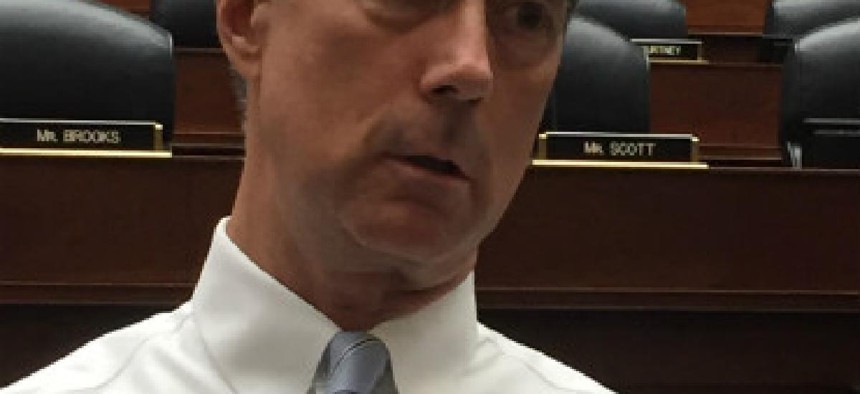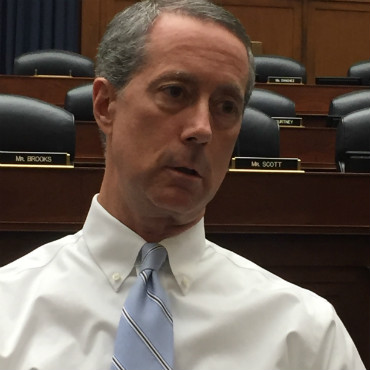Thornberry focused on DOD innovation and acquisition reform

Increasing the Defense Department budget and driving innovation and acquisition reform will be the priorities of the House Armed Services Committee this year, according to Chairman Mac Thornberry.

Growing the Pentagon budget and driving innovation and acquisition reforms will be top priorities of the House Armed Services Committee in the 115th Congress, according to the committee's chair.
Rep. Mac Thornberry (R-Texas) told a gathering of reporters that a baseline defense budget of $640 billion is required to address readiness, troop size and modernization needs.
"I think it's really important that we finish this year's budget appropriation as soon as possible," he said. "There is no reason in the world we need to wait until April to finish this year's budget."
In the meantime, he said that the committee expects to receive a supplemental request to the FY 2017 defense budget from the White House around March 1.
Thornberry's 2018 budget estimate matches what Senate Armed Services Committee Chairman John McCain's (R-Ariz.) proposed in January, which would be a $54 billion increase over the projected numbers for 2018.
But, Thornberry isn't interested in simply having more money to spend on defense -- he wants to make sure it is spent efficiently and on the most pressing needs: readiness, troop size, modernization and innovation.
"There will be more acquisition reform this year, and we still have some organizational issues to deal with," he said in reference to the provision in the 2017 National Defense Authorization Act (NDAA) that splits the DOD's office of Acquisition, Technology and Logistics into two separate offices of acquisition and sustainment and research and engineering.
"But we delayed the implementation of it to give us some more time to work it through," he said. "So I really look forward to working with Secretary [Jim] Mattis and the new team there, once he has a team with him, to talk about…what makes the most sense to push innovation, to make sure that all these different defense agencies have the proper leadership and that we implement the acquisition reform that Congress has enacted the last two years.
"My intention is to do what I have done the last two years, and that is introduce an acquisition reform bill separately in order to give folks a chance to look at it so we understand the consequences, they can give me feedback, we can make adjustments," he said.
Thornberry said that the committee will continue to evaluate many of the innovation programs launched by former Secretary of Defense Ash Carter -- programs such as the Defense Innovation Unit Experimental, the Defense Digital Service and the Third Offset strategy of staying ahead of adversaries by innovating new weapons systems and technologies.
"I think the intentions and goals behind those things was absolutely right on," Thornberry said. "Are the specific programs something that have to be preserved under that name, under that rubric? Well, not necessarily.
"I think the sorts of technologies they were looking at in Third Offset are some of the right ones," he said. "I think outreach to Silicon Valley and others is a good thing -- there are a variety of ways to do that, so we'll look at DIUx."
Congress put spending restrictions on DIUx in the 2017 NDAA that require the DOD to provide Congress with a full assessment of the mission and effectiveness of the program before DIUx can access more than 25 percent of its projects budget.
Thornberry said that Congress will also have to continue working on personnel policies to ensure that DOD has the workforce it needs to address changing technologies and threats.
The Texas congressman reiterated that he will focus on innovation and acquisition reforms as long as he is HASC chairman.
"I feel strongly that many times essential reforms will only come from Congress," he said. "There's just a limit to how much an institution can do to reform itself."


